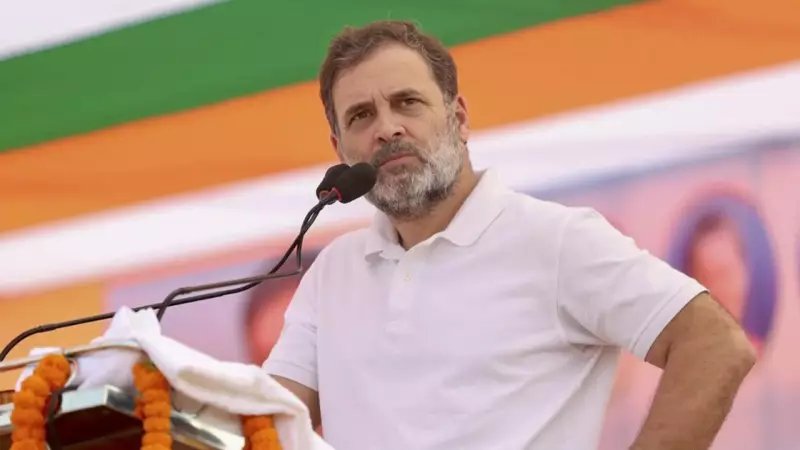
In a fiery address that has sent shockwaves through political circles, Congress leader Rahul Gandhi made a startling revelation about institutional representation in India. Speaking at a public rally in Bihar, Gandhi claimed that a mere 10% of the population controls crucial institutions like the Indian Army, leaving the remaining 90% of Indians largely excluded.
The Stark Reality of Institutional Representation
Gandhi's explosive statement came during his ongoing campaign focused on social justice and equitable representation. "Look at any institution in India - whether it's the Army, the judiciary, or the bureaucracy - you'll find that 90% of Indians are nowhere to be seen," the Congress MP asserted, drawing attention to what he described as systemic exclusion.
Caste Census: The Central Demand
The former Congress president used his platform to reinforce the party's demand for a nationwide caste census. He argued that such data is essential to understand the true composition of Indian society and ensure fair representation across all sectors.
"How can we address inequality if we don't even know the exact numbers?" Gandhi questioned, emphasizing that the Other Backward Classes (OBC), Scheduled Castes, and Scheduled Tribes together constitute the vast majority of India's population yet remain severely underrepresented in positions of power.
Army Recruitment Under Scrutiny
Gandhi specifically highlighted the Indian Army's recruitment patterns, suggesting they don't reflect the country's demographic reality. His comments have sparked intense debate about diversity in armed forces recruitment and whether current systems adequately represent India's social fabric.
"When 90% of the country's population cannot find adequate representation in our most respected institutions, we must ask serious questions about our systems and processes," Gandhi stated, connecting his argument to broader themes of social justice and equal opportunity.
Political Implications and Reactions
The Bihar rally, part of Gandhi's intensified political outreach, comes at a crucial time when opposition parties are attempting to build momentum around issues of social justice and representation. His comments are expected to:
- Intensify the debate around caste census
- Put pressure on the ruling government regarding representation policies
- Solidify the Congress party's position as champion of marginalized communities
- Influence the ongoing political discourse in Bihar and beyond
Political analysts suggest that Gandhi's direct approach in addressing institutional representation marks a significant shift in political rhetoric, potentially reshaping the narrative around social justice in Indian politics.





